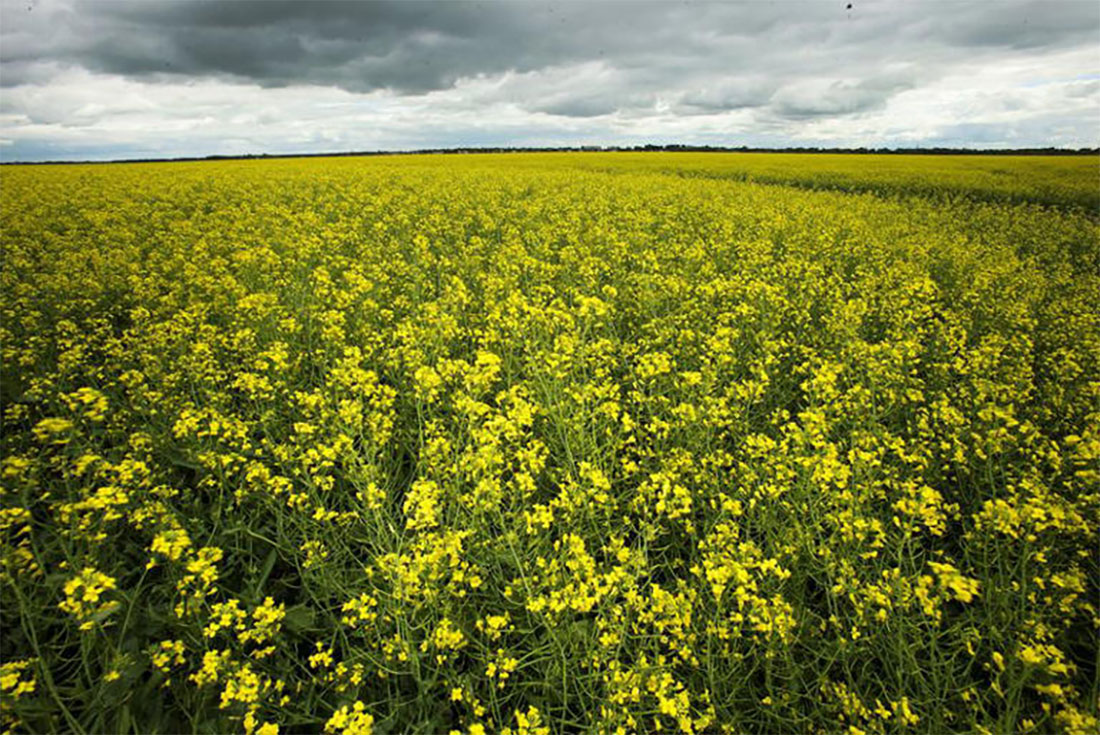
Photo Credit: Getty Images
China has announced an investigation into Canadian canola imports, escalating an ongoing trade conflict between the two nations. The probe, which could result in tariffs on one of Canada's key exports, was initiated just a week after Canada imposed new tariffs on Chinese-made electric vehicles (EVs), steel, and aluminum. This latest development marks another chapter in the growing tensions between the two countries as they engage in tit-for-tat trade measures.
Beijing criticized Canada's tariffs on EVs as "discriminatory" and "unilateral," and vowed to file a complaint with the World Trade Organization (WTO). The move mirrors similar actions by other Western countries, including the U.S. and European Union, which have also erected barriers against Chinese-made electric vehicles, accusing Chinese firms of benefiting from unfair government subsidies.
China's probe into Canadian canola imports is rooted in complaints of dumping, a practice where products are sold below cost, making it difficult for other countries to compete. Beijing noted that imports of Canadian canola had surged by 170% since 2023, while prices continued to fall. Chinese authorities stated that they would take all necessary measures to protect the interests of domestic companies.
Canola is a significant export for Canada, with over 90% of its production sold internationally. Last year, China was the second-largest market for Canadian canola, importing approximately C$5 billion worth of the product. The Canola Council of Canada emphasized the vital role of the crop in the country's agricultural industry, accounting for roughly a quarter of all farm crop receipts.
Canadian Minister of Agriculture Lawrence MacAulay expressed deep concern over the investigation, stressing that Canada is committed to defending its farmers and upholding a rules-based global trading order. The situation is being closely monitored as Ottawa considers its next steps in response to China's actions.
This isn't the first time Canadian canola has been caught in trade disputes with China. Following the 2018 arrest of Huawei executive Meng Wanzhou in Vancouver, China blocked exports from two major Canadian grain companies for three years, citing pest concerns.
















